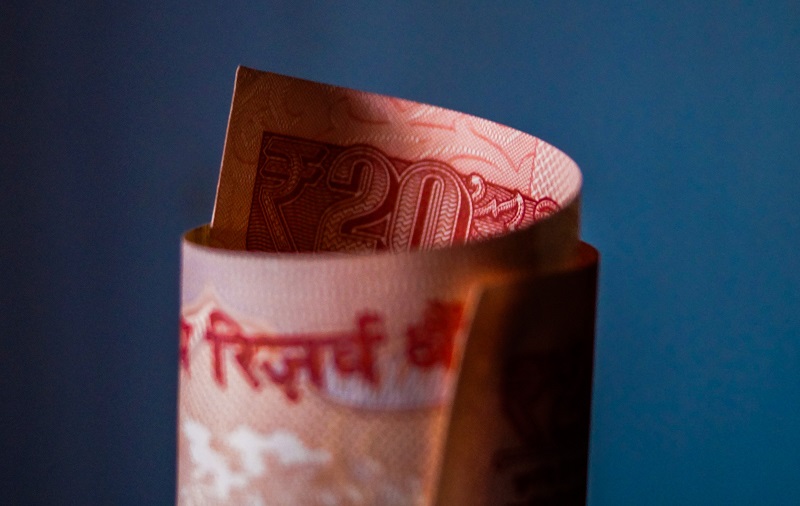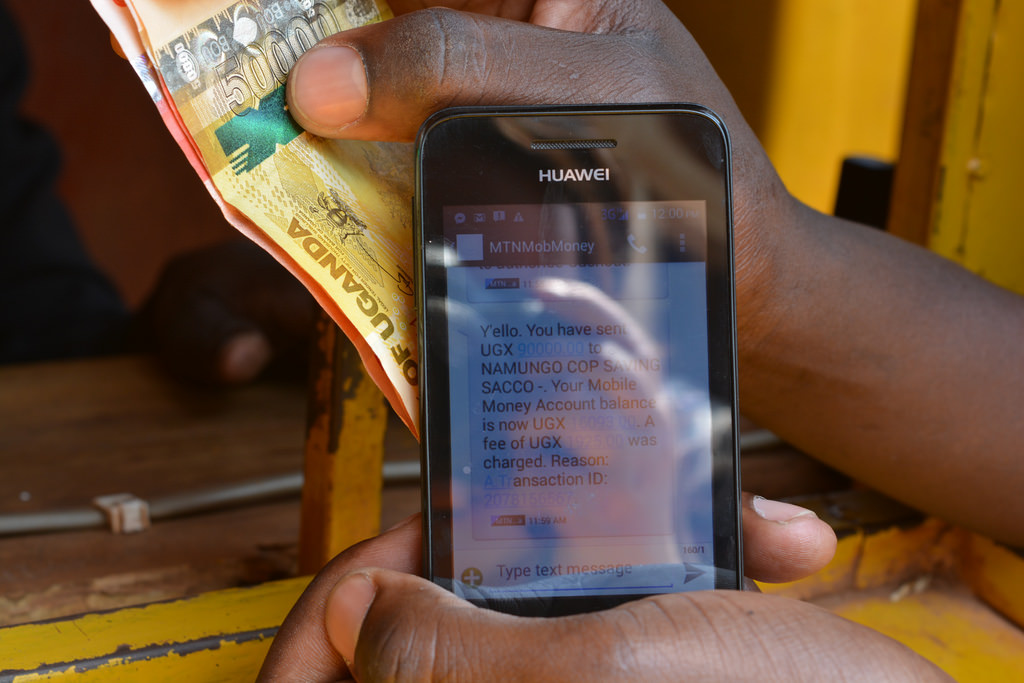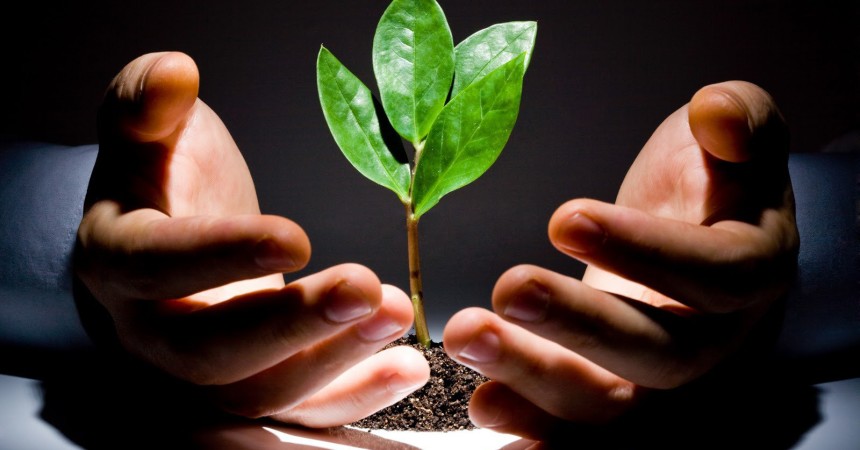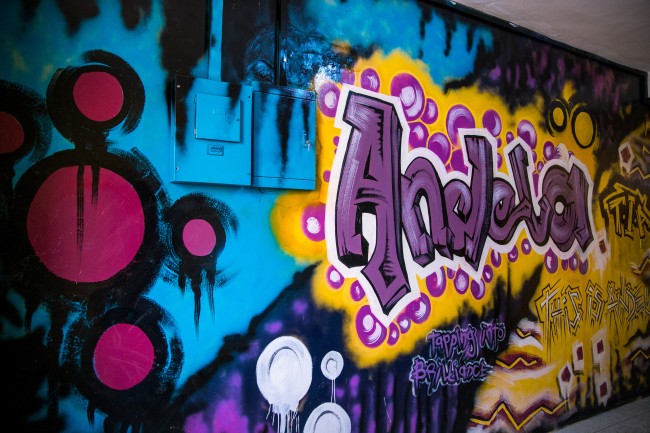PayPal’s recent expansion to ten more countries created quite the stir. Especially among the African ones.
Naturally, quite a few people have weighed in on the development. My reaction to the whole thing? Ambivalence, mostly. For one, I am not particularly giddy about the fact that PayPal finally deigned to grant its benevolent fiat to said countries. Rather than celebrate, I’m more inclined to inquire. After more than a decade of impassioned clamour, why now?
Great tidings…
Malvina Goldfield, head of business development for PayPal in Africa was as she said, “happy to be the bearer of good news”.
“PayPal decides to roll out into new markets based on a number of factors”, she said, when I spoke to her last week. “We do a careful evaluation of The business case, the market size and whether we are in a position to make an investment and treat the market in a serious way”.
According to her, it became clear that PayPal had to be in Nigeria, and now that so far they are convinced that coming here was a good decision.
That’s probably the best non-answer you’re ever going to get from PayPal staff on the record.
“Did Nigeria’s infamous reputation for cyber-fraud (deserved or not) factor into PayPal’s abstinence from Nigeria up till now, and is that shaping PayPal’s approach to this market?”, I asked.
“That’s not how we look at it. There are fraudsters in every country”, Malvina replied. “Every market we operate in, we see certain levels of fraud. Our platform can be adapted to the risk levels that we see from the behaviours that we observe.”
…of joy

PayPal’s dubious motives aside, one can’t deny how useful it is to have been bumped up from third-class internet citizen to second-class — there are still many parts of the web that Nigerians are locked out of by default.
So, after linking my newly created PayPal account to my GTBank debit card, I went directly to Themeforest to test it out.
Being able to purchase a digital assets on the Envato marketplace without the hassle and expense of getting someone abroad to do it for me at a ten percent markup felt really good. And compared to the wonky experience with local payment gateways that one is accustomed to, the transaction was smooth and speedy. No card numbers. No pins. No OTP. None of that foolery. No need to enter a password even (since your browser likely remembers it).

In the 30 seconds it took to purchase that theme, I didn’t care what people say about PayPal, because I don’t recall ever being happier to spend $50 dollars. Great tidings of joy indeed.
Paydrain
Here is the thing though — PayPal’s current offering in Nigeria has limited limited functionality. At the moment, Nigerian residents can only make payments, not receive them.
I find this troublesome. The Nigerian opportunity — insert all the rebasing and trillion dollar economic projection hype here — finally got to the point where PayPal’s sense of opportunity overcame their trepidation. Now that they finally opened the door, all that pent up desire to transact and consume is bursting through. According to Malvina, tens of thousands of people have signed up to use the service in the first month.

Those tens of thousands of people have driven PayPal up Alexa rankings in Nigeria to number 51, just ten spots below Quickteller at number 41 (PayPal was actually at number 40 last week). But that’s not all. Online gig sites and marketplaces that were previously inaccessible to Nigerians because they were PayPal only sites are now experiencing a Nigerian surge. The last time I checked, Themeforest was at number 32, and Fiverr at number 38.
It’s beginning to look like Nigerians now spend more time buying WordPress themes, commissioning Fiverr gigs, and making other international purchases than they do patronising local merchants via Quickteller (or even reading Nigerian blogs). And that’s cool. What is not so great though is that Nigerians are locked out of (the upside) the global gig economy — most of them cannot put up WordPress themes for sale on Themeforest or accept jobs on Fiverr or Elance because they cannot maintain PayPal balances in Nigeria and access the funds locally.
As it currently stands, all PayPal has done is unlock Nigerian consumption that does not benefit the local market and service economy. Economists call it capital flight. It’s hard to say on what scale as of now, but if it went on for long enough, the paydrain would become significant.
Paygain
My euphoric first-time PayPal experience was thus tempered by the realization that my $50 dollars was not just leaving my pocket, but Africa altogether. Perhaps bank commissions and forex charges will keep a few pennies back (I don’t know), but the bulk will be carted off continent, never to be seen again.
This reality would be far more palatable if local merchants were also allowed to participate in the bounty without the need to resort to cumbersome and expensive contrivances that involve creating offshore companies and foreign PayPal accounts. If after all this time PayPal is going to throw us a bone, could it at least it could be a big crunchy one? Just let local merchants accept payments.
PayPal could do it Yesterday. They already did it in South Africa (2010) and Kenya (2013) and eight other African countries. The ideal way it works is PayPal partners with a local bank toThe only question therefore is when and how can similar arrangement be designed for Nigeria?
I had allowed myself to entertain the hope that the momentous partnership signing of First Bank and PayPal which we had been invited to witness would be about the ability for local merchants to accept payments via PayPal and withdraw the funds to local accounts via First Bank. That hope was unfounded. The First Bank and PayPal parley is actually more cosmetic than the hype leads one to believe, and is mostly about onboarding the FBN’s customers onto PayPal.
Some First Bank staff said they were actively pushing for local merchant support by December 2014. Malvina acknowledges that P2P transfers and enabling payments for local merchants is on PayPal’s roadmap but also said PayPal was not commiting to any specific timelines.

The day after the FBN dog and pony show, PayPal met with internet entrepreneurs and developers at the Co-Creation Hub. The interaction was mostly meet and greet. Again, no commitments whatsoever were made. But it does suggest that PayPal is interested in jump-starting some sort of relationship with the local merchant community.
“We’re definitely looking at this as a long term relationship”, Malvina said. “So you’re going to be seeing me around”.
Photo Credit: David Blackwell. via Compfight cc










![IMG_0316[1]](http://c76c7bbc41.mjedge.net/wp-content/uploads/2014/08/IMG_03161.jpg)









